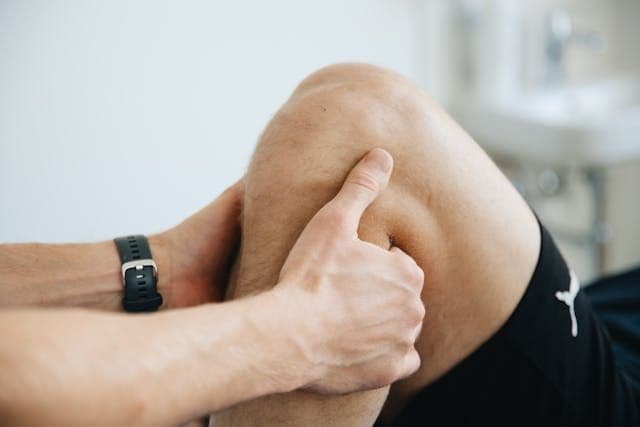Knee pain is a common ailment that can affect people of all ages.
It can range from a dull ache to a sharp, debilitating pain, significantly impacting daily activities and quality of life.
The knee joint is a complex structure, comprising bones, cartilage, ligaments, and tendons, all working together to facilitate movement and bear weight.
Given its intricate design and constant use, the knee is susceptible to various injuries and degenerative conditions.
Understanding the underlying cause of knee pain is crucial for effective treatment and long-term relief.








